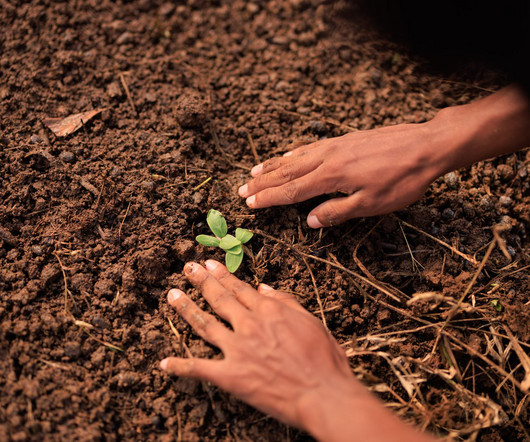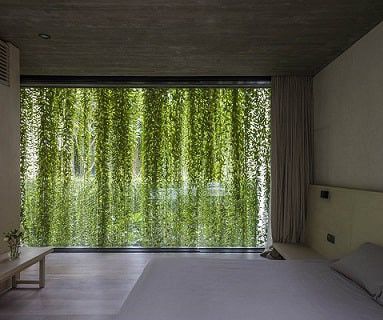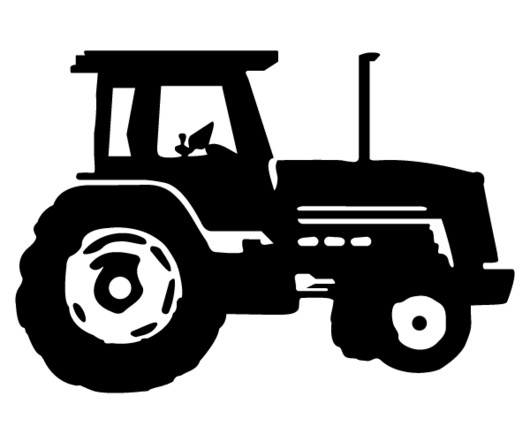Building the Market for Climate-Beneficial Wool
ATTRA
AUGUST 20, 2024
Clothes made from this cotton are compostable and don’t contain harmful microplastics, unlike synthetic fabrics. You can hear more about our work in our Soil-to-Skin podcast series with Seed2Shirt, New York Textile Lab, and Fibershed. Brands and designers play a big role in promoting these sustainable practices. ATTRA.NCAT.ORG.













Let's personalize your content